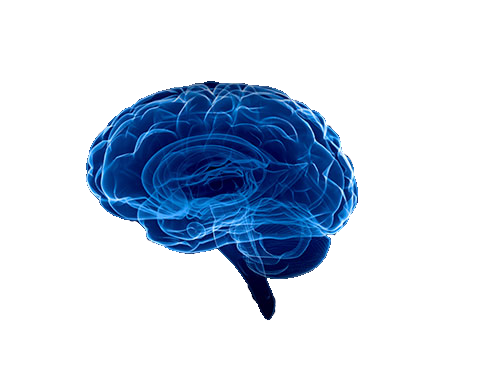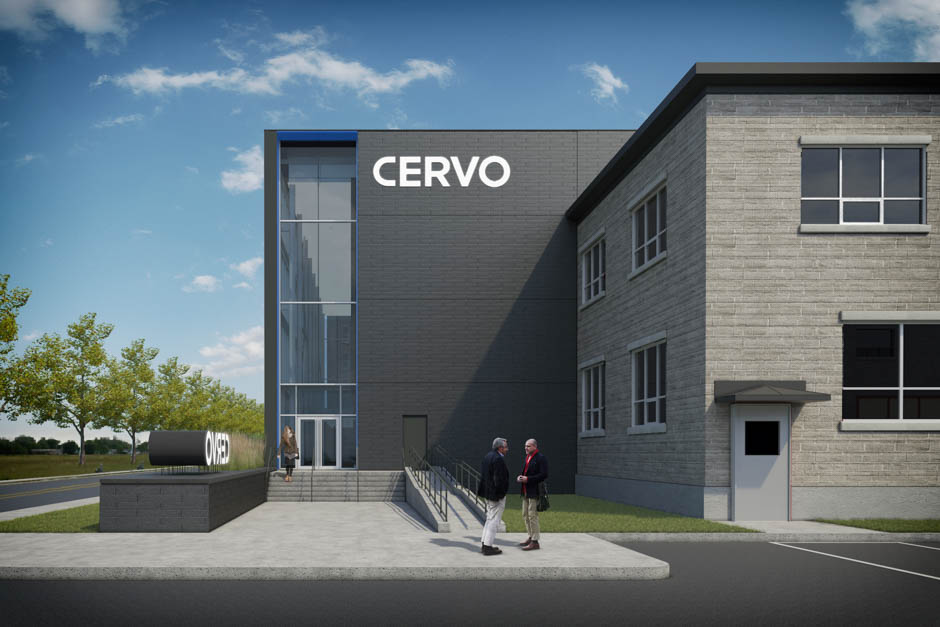Meet Marc Hébert, the brain behind Bluewake! With a PhD in neurological sciences, Marc is not just an inventor but also the deputy scientific director of the clinical research at the CERVO Research Center. He’s been sharing his expertise as a professor of ophthalmology at Laval University since 2001. Marc’s passion for light therapy led him to serve as president of the Society for Light Therapy and Biological Rhythms from 2010 to 2013. Marc is dedicated to bringing the benefits of Bluewake to you with your health and safety in mind.

Light governs the development of many life forms, including humans, and is necessary for human physical and mental health. It helps synchronize biological processes, ensuring our bodies are prepared for the changes between activity and rest throughout the day.

Scientific studies show that our body’s internal clock syncs with certain light wavelengths, especially blue light (wavelengths between 435 and 540 nanometers), which is abundant at the beginning of the day. Exposure to this blue light triggers daytime processes in over 150 body functions, leading to increased metabolic activity, including higher body temperature, blood pressure, heart rate, and cortisol levels. It also reduces melatonin production, the hormone that regulates sleep.
Melatonin suppression is often used as an indicator of the biological clock’s response to light. Melatonin levels are high at night and low during the day, influenced by blue light exposure, helping regulate the sleep-wake cycle. Increased heart rate, body temperature, cortisol and reduced melatonin in the morning contribute to waking up and being more alert.
The circadian rhythms are generated by our body’s internal clock, regulating crucial functions such as sleep, wakefulness, and eating patterns over a 24h cycle.
This intricate biological system responds to external factors like the light and dark cycle, adjusting dynamically to environmental cues. Natural light is composed mostly of blue light and stimulate various regions of the brain to favor production of serotonin and cortisol while suppressing melatonin, therefore promoting wakefulness, alertness and well being. Conversely, in darkness, the body releases melatonin, signaling the need to wind down and prepare for sleep. Each person’s circadian rhythm is unique, leading to variations in sleep-wake cycles. Understanding and honoring our body’s innate timekeeping mechanism is essential for maintaining overall well-being.

We were the first to create a smart blue light technology device that could be integrated into your vehicle, workplace or home.
20 years of research and millions of dollars of R&D at the CERVO Brain Research Centre in partnership with the University of Laval.
